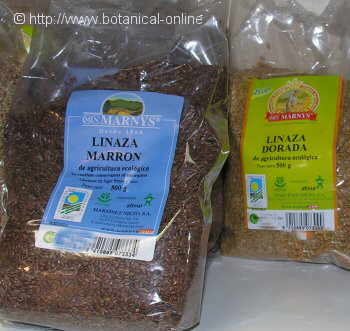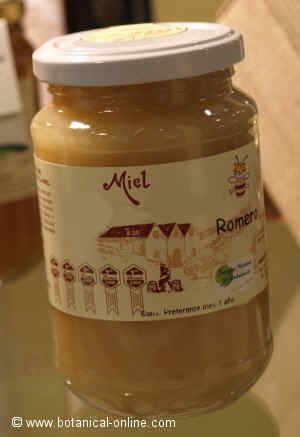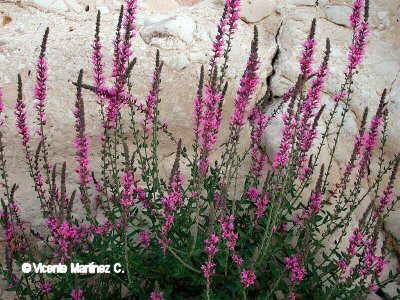Contents
Who can not take infusions or preparations with echinacea?
What is echinacea and what is it used for?
Echinacea is a medicinal plant traditionally used as a natural antibiotic because it increases the body’s defenses and helps fight infections.
It is very usual to use it in winter, in the form of tinctures or syrups, to increase the defenses and avoid the flu. However, the plant has important contraindications that must be known.
Indications of echinacea preparations

What is it for? In the herbalists you can find this dried plant, for infusions, in tincture, in tablets or in syrups. These preparations are typically used to:
- Changes of seasons, to increase defenses and prevent opportunistic infections such as colds.
- As a coadjuvant for the treatment of urogenital infections, such as candidiasis or cystitis, or to prevent their reappearance.
- As reinforcement for the immune system, in very tired, decayed or very stressed people can take this supplement, since often these situations lead to a lowering of defenses and the emergence of problems such as herpes.
- In external use, for wounds difficult to heal and chronic ulcerations.
What contraindications does Echinacea have?
- Pregnancy, lactation and children: The safety of the plant is not known and it is recommended to avoid its use.
- Known hypersensitivity to plants of the Compositae family: It has been shown that people with allergies to other plants of the same family (Compositae), such as daisies or marigolds (rare), for example, can also cause allergies or reactions of hypersensitivity, which may be counterproductive.
- Do not mix echinacea with caffeine: Echinacea prevents the body from breaking down caffeine to eliminate it, causing it to remain in the bloodstream for longer and increasing its stimulating effects. People who drink coffee or tea daily should replace these drinks with rooibos, infusions or decaffeinated coffee while they are being treated with echinacea.
- Prolonged use of echinacea: Echinacea, according to some studies that have been carried out in the United States, if taken for prolonged periods (more than three months in a row), may have the opposite effect to the expected and further depress the system immune.
Echinacea in case of diseases and drug interactions
- Autoimmune diseases: Echinacea can increase immunity, so it is contraindicated in people with autoimmune diseases such as multiple sclerosis, lupus, Hashimoto’s thyroiditis or rheumatoid arthritis. Some experts consider that there is no problem in taking the plant in infusions, but instead discourage the use of tincture because it is more concentrated in active ingredients.
In case of tuberculosis, consult with the doctor or specialist. - People with medication: Because of its property of increasing the defenses, echinacea could interfere in the action of some medications, among others, the immunosuppressive drugs used for Crohn’s disease, colitis, AIDS, etc. However, there are no reported cases of this possible interaction. Consult the doctor before taking echinacea.
- Treatment of some types of cancer: According to some scientific research, in some types of hematological diseases such as some specific cancers, among which we can find leukemia, lymphoma and myeloma, among others, it is considered contraindicated its administration, since it is believed that it may end up favoring certain types of cancer cells characteristic of these diseases, helping to increase the development of cancer, instead of helping to counteract it.
![]() More information on echinacea
More information on echinacea
This article was endorsed by Vicente Martínez Centelles - Founder of the web and director. Teacher of natural sciences, expert in plants, natural remedies and botanical photography.








